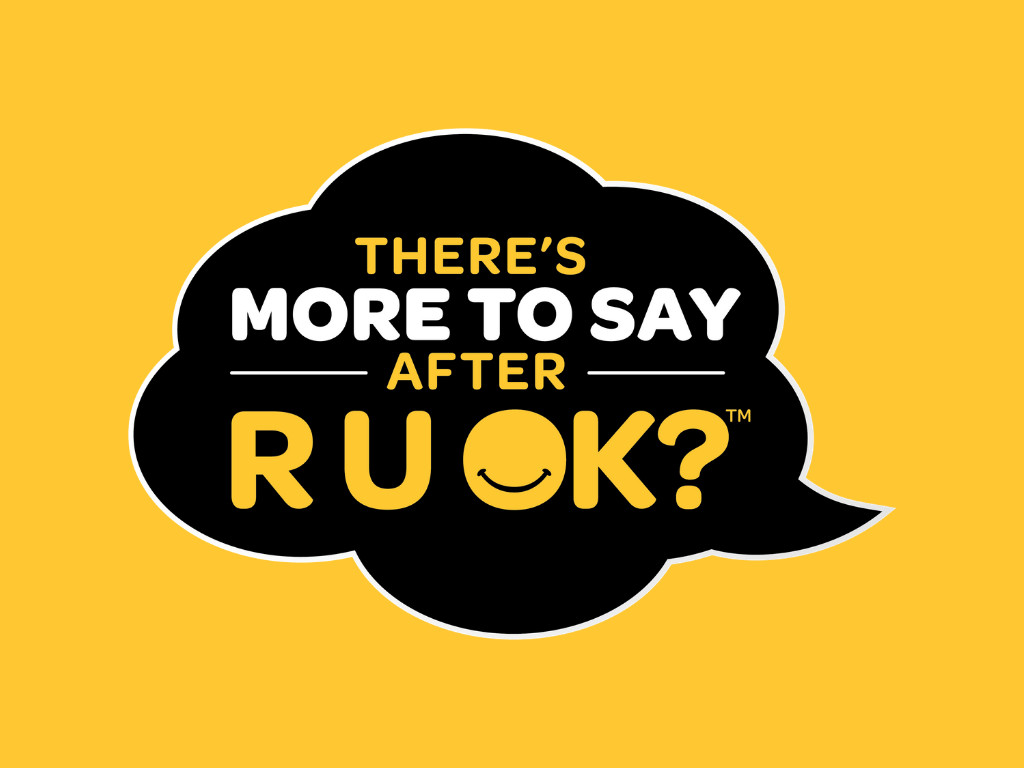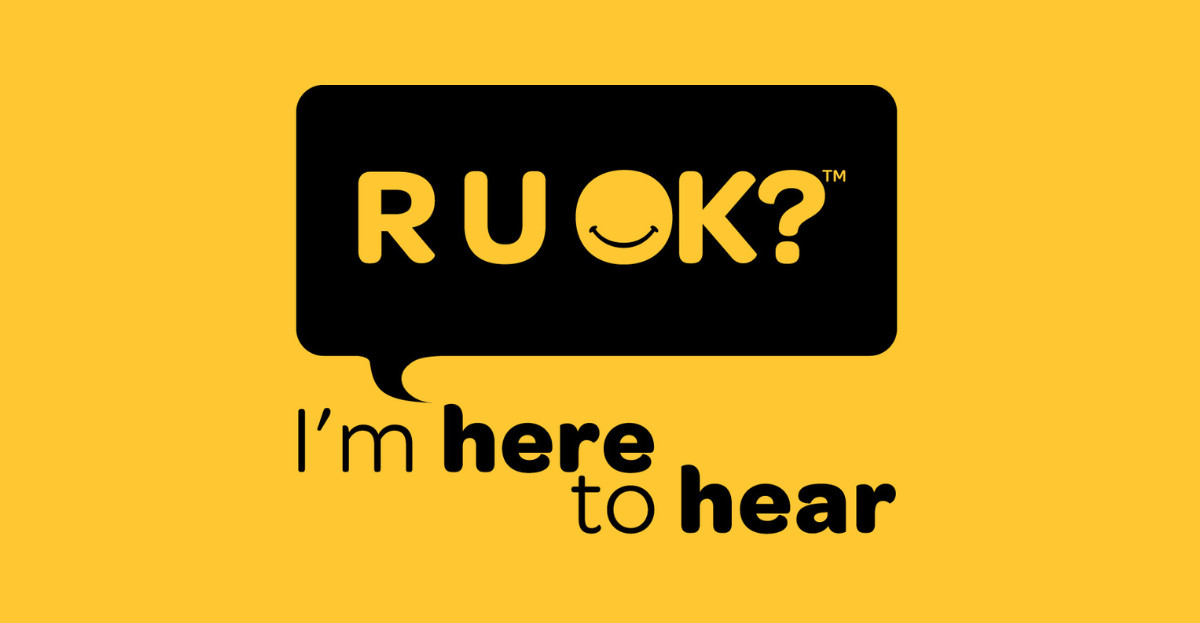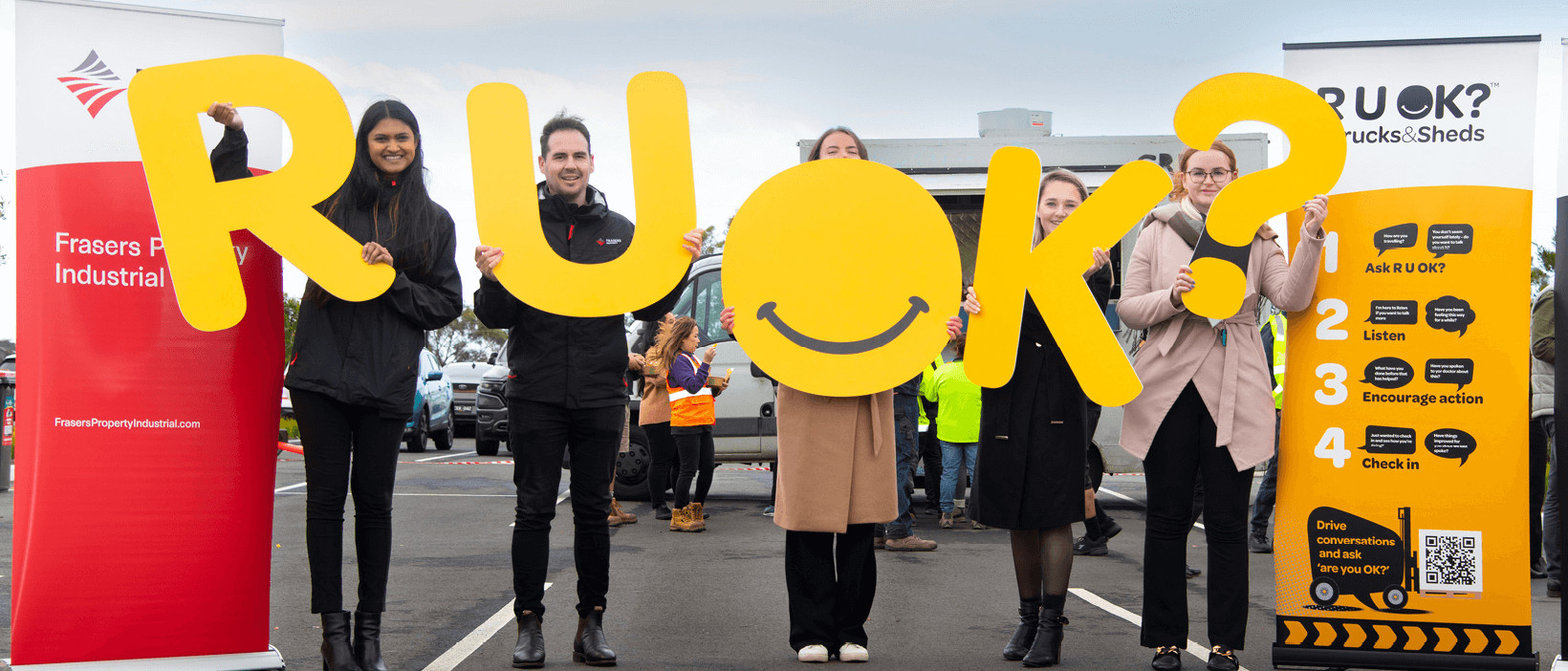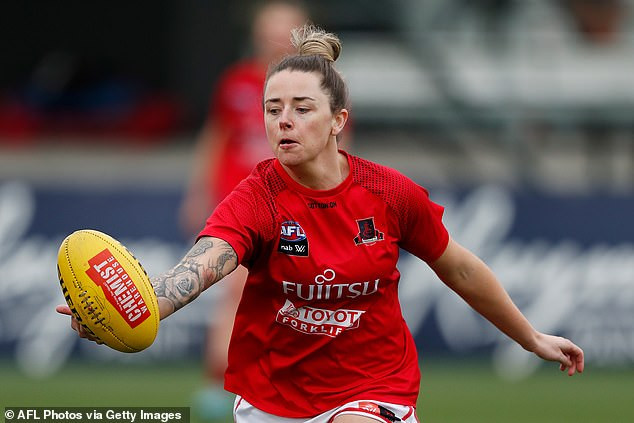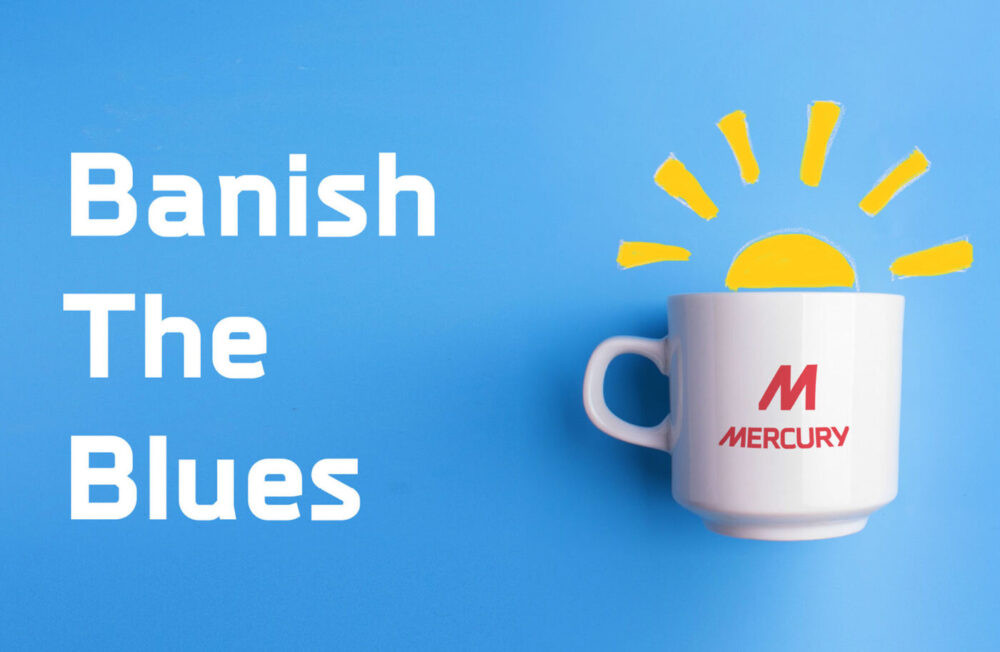R U OK? Day 2024 is fast approaching, but Australians are being reminded to check in on others’ mental health “every day” – not just once a year.
Trigger warning: Discussions of mental health.
R U OK? Day 2024 – helmed by a suicide prevention charity in the country – falls on 12 September, but mental health experts are reminding Australians to check in with friends, family members, partners, colleagues and teammates regularly, as difficult situations often present themselves more regularly than every R U OK? Day.
According to the Central Coast Council, nearly half of all Australians (45 per cent) will experience some kind of mental health illness during their lifetime, while YouGov research this year showed that 72 per cent of Australians reported feeling elevated levels of distress.
It’s particularly important for those in the LGBTQ+ community to feel able to open up about their feelings every day, not just on R U OK? Day 2024, as LGBTQ+ people in Australia are more likely to experience mental health issues compared to heterosexual and cisgender people, according to a study.
Jess Downey, headspace Tamworth community engagement and development officer told The Northern Daily Leader that asking “R U OK?” might seem trivial, but could have a huge impact on ensuring someone facing difficulties feels seen.
Downey said: “It could be one of the most important things in day-to-day life, and it only takes a couple of seconds to do.
“We’re seeing these conversations becoming much more widespread and diverse – you don’t just ask one day, you ask every day.”
The mental health expert noted that conversations on mental health, particularly for young people, are being seen as less “taboo”.
“When R U OK? Day first started [mental health] was not necessarily something that was taken as seriously as it is now,” she noted.
“People are not necessarily afraid to ask anymore, which is a good thing, and that’s due to the widespread message, mass marketing and getting the name out there, getting the conversations happening.”
The Importance of Regular Check-Ins
The message of checking in with people “any day” reflects the recognition that mental health struggles are not limited to specific days or events. It emphasizes the importance of building strong connections and fostering a sense of support throughout the year.
Practical Tips for Check-Ins
While simply asking “R U OK?” is a great start, here are some tips for having more meaningful conversations:
- Listen actively: Give your full attention, show empathy, and avoid interrupting.
- Avoid offering unsolicited advice: Instead, focus on understanding their perspective and validating their feelings.
- Acknowledge their struggles: Let them know you hear them and understand the challenges they’re facing.
- Offer support: Ask if there’s anything you can do to help, but respect their boundaries.
- Encourage professional help: If necessary, gently suggest seeking professional support for their mental health.
Resources for Mental Health Support
If you or someone you know is struggling with their mental health, please reach out for support:
- Lifeline: 13 11 14
- Beyond Blue: 1300 22 4636
- Headspace: 1800 650 890
- Kids Helpline: 1800 55 1800
R U OK? Day is a vital reminder of the significance of connection and empathy in supporting mental well-being. By extending a simple question and offering genuine support, we can create a more compassionate and understanding community for everyone.
R U OK? Day: Beyond the Day
While R U OK? Day provides a focused platform to encourage conversations about mental health, it's crucial to remember that genuine connection and support are needed beyond a single day. Building a culture of empathy and regular check-ins ensures that individuals feel seen, heard, and valued throughout the year.
Spreading the Message
It's essential to amplify the message of R U OK? Day and encourage others to make mental health a priority. We can do this by:
- Sharing resources and information: Spread awareness about mental health support services and organizations.
- Normalizing conversations: Encourage open and honest discussions about mental health in our homes, workplaces, and communities.
- Being proactive: Make a conscious effort to check in with loved ones, colleagues, and friends regularly.
By working together, we can create a world where mental health is valued and everyone feels supported. Remember, asking “R U OK?” can be the first step towards a brighter future for ourselves and those we care about.




